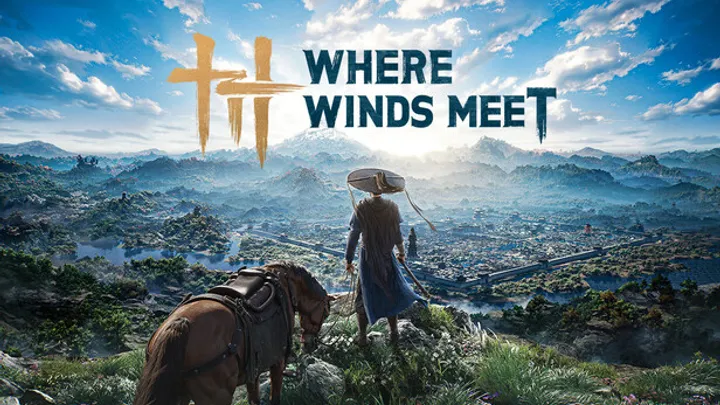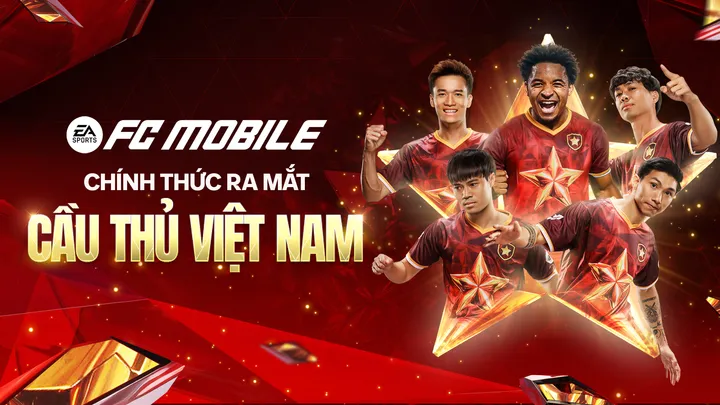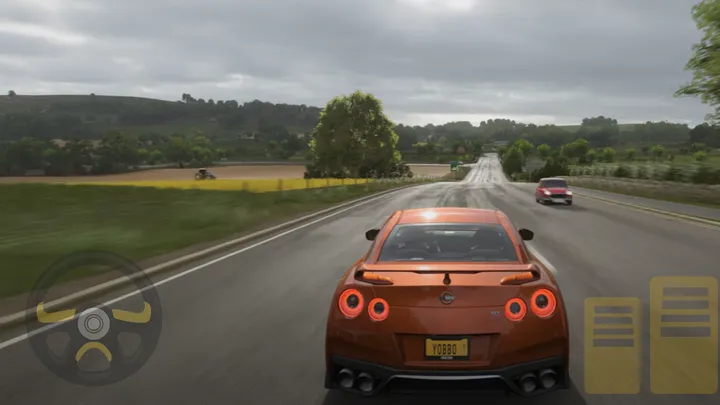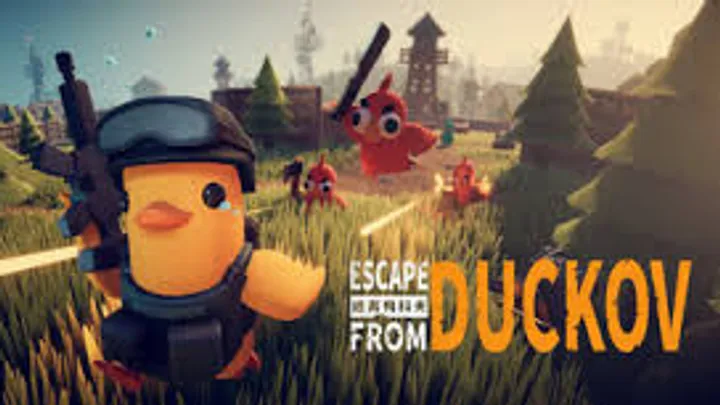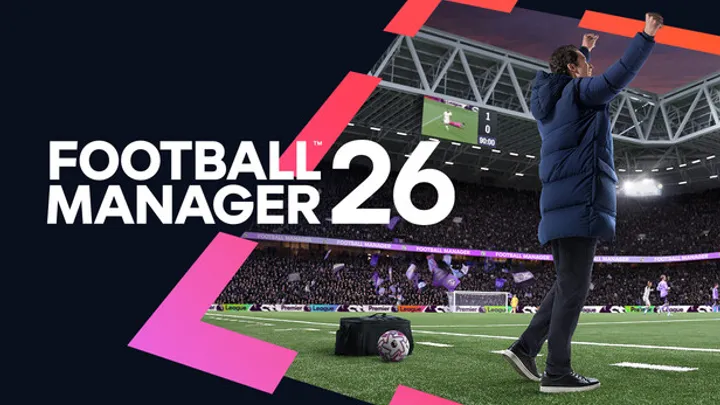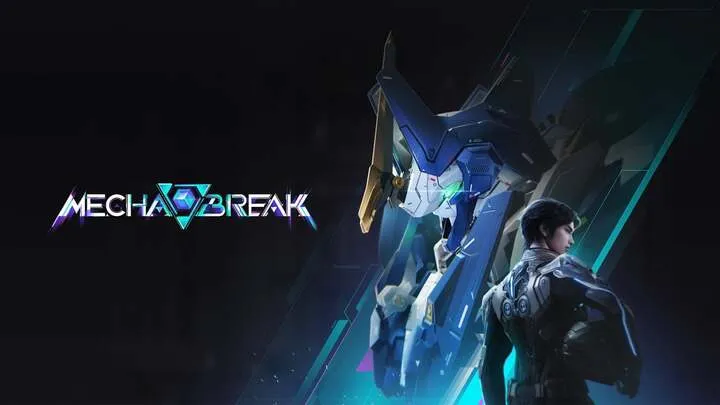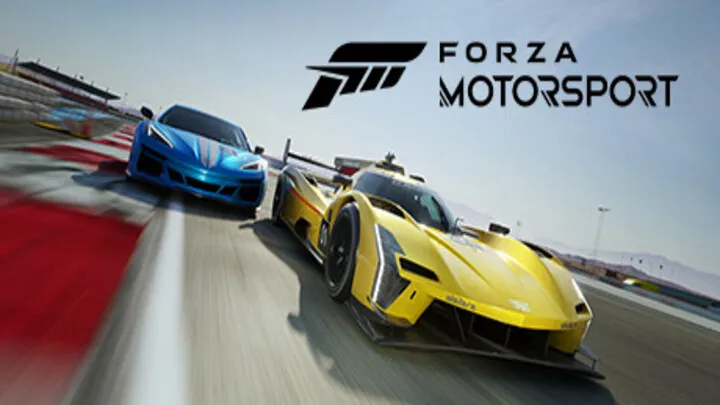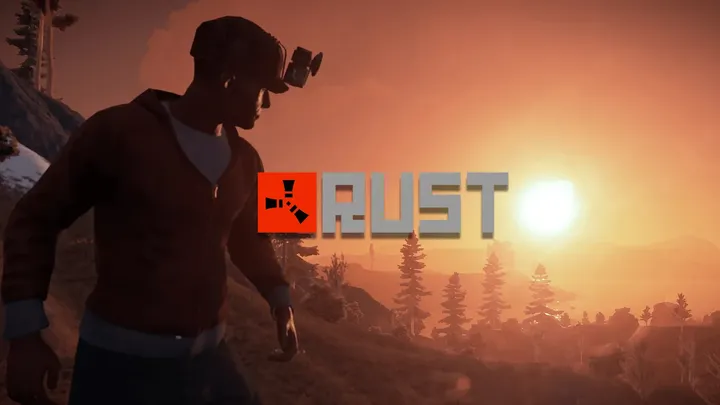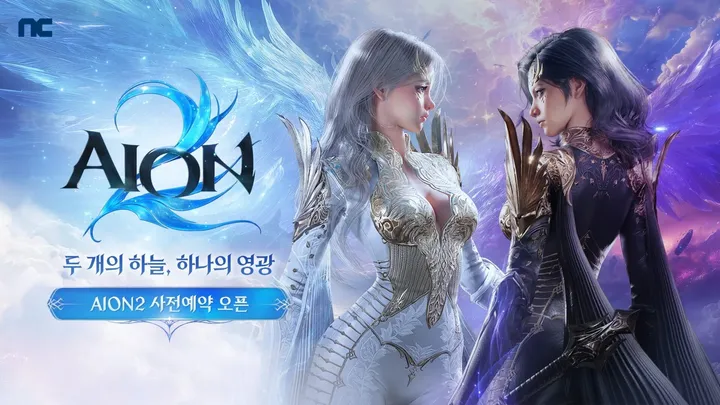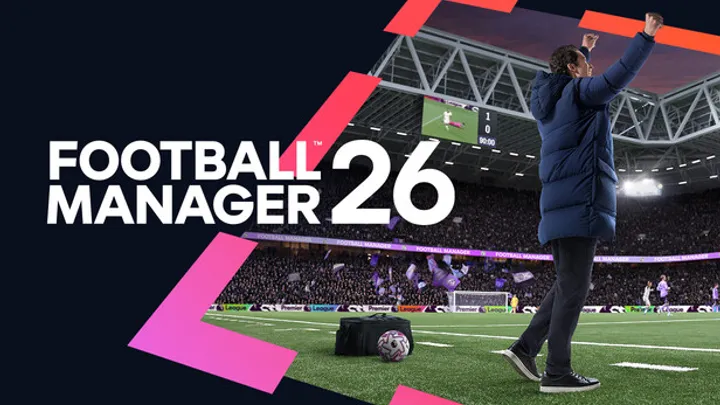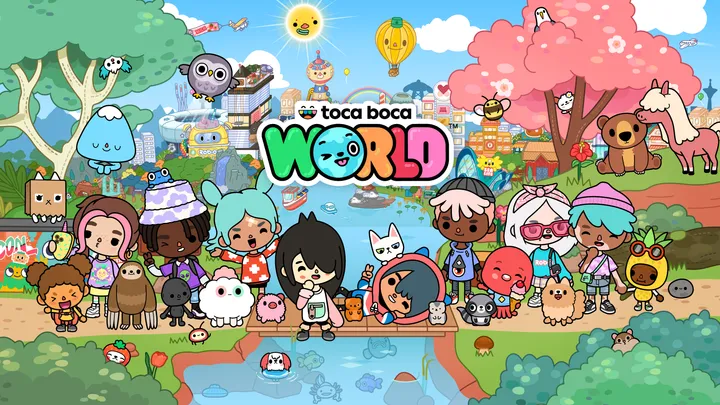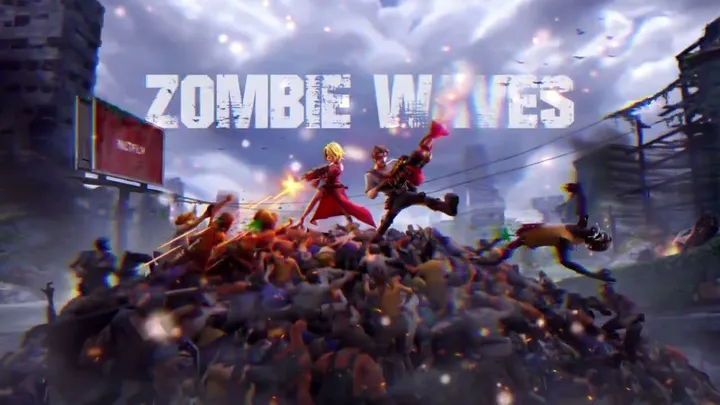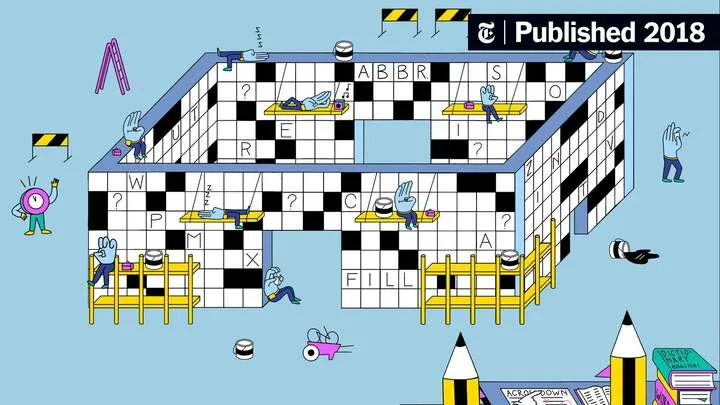Sharpening Your Mind Through Play
In the fast-paced digital age, strategy games on mobile platforms have become more than just entertainment—they are mental workouts. These games challenge your ability to plan ahead, adapt, and make critical decisions under pressure. Whether you’re managing resources, commanding armies, or plotting against opponents, strategic thinking lies at the heart of success.
This article explores the Top 5 Mobile Games for Strategy Thinking, showing how each title trains different cognitive and tactical skills. Arranged by time and developmental focus, each section reveals how strategy evolves from real-time tactics to long-term planning.
1. The Dawn of Tactical Thinking: Clash of Clans
Clash of Clans revolutionized mobile strategy gaming when it first appeared, combining base-building with real-time defense and offense mechanics.
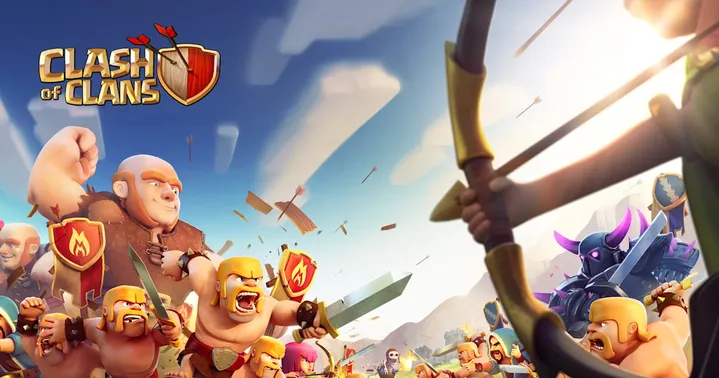
The Foundation of Planning
Players must carefully allocate resources—gold, elixir, and dark elixir—to strengthen defenses while balancing offensive power. This duality pushes players to think beyond immediate gratification.
The Importance of Long-Term Vision
Unlike short matches, Clash of Clans rewards patience. You’re constantly optimizing your village’s layout and timing upgrades. The game subtly teaches resource prioritization and risk management, both essential skills for strategic thinkers.
Quick Tip List:
- Upgrade defenses evenly to prevent weak points
- Save resources for critical town hall upgrades
- Analyze attack replays to refine tactics
2. The Age of Real-Time Decision Making: Clash Royale
Following Clash of Clans, Clash Royale added fast-paced card duels that demand immediate tactical response.
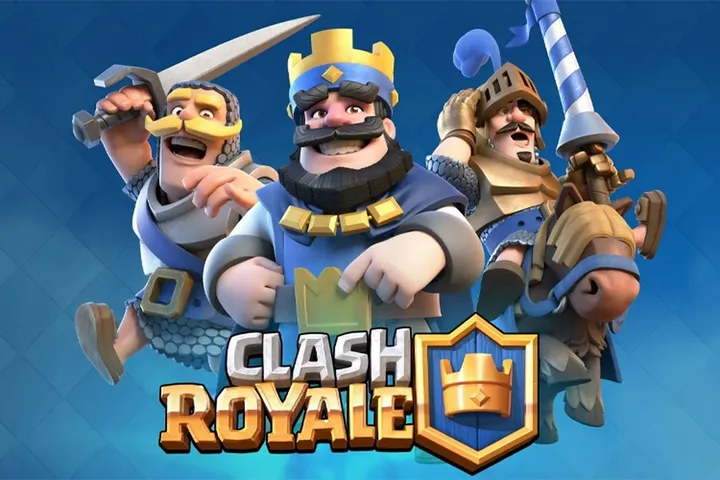
Micro-Strategy and Rapid Reactions
Each card deployment influences the battlefield instantly. Timing, troop synergy, and elixir control form a trinity of micro-decisions. Success comes from pattern recognition and quick counteraction.
Learning Through Repetition
Repetition builds intuition—knowing when to attack, defend, or wait. As players improve, they begin predicting their opponent’s behavior, forming deeper strategic foresight.
Key Learning Points:
- Understand unit interactions
- Keep a balanced deck
- Watch pro replays for positioning insights
3. The Era of Political Strategy: Plague Inc.
Plague Inc. shifts from warfare to global domination through biological strategy. Players simulate viruses to infect and control humanity—turning disease into a metaphor for strategy.
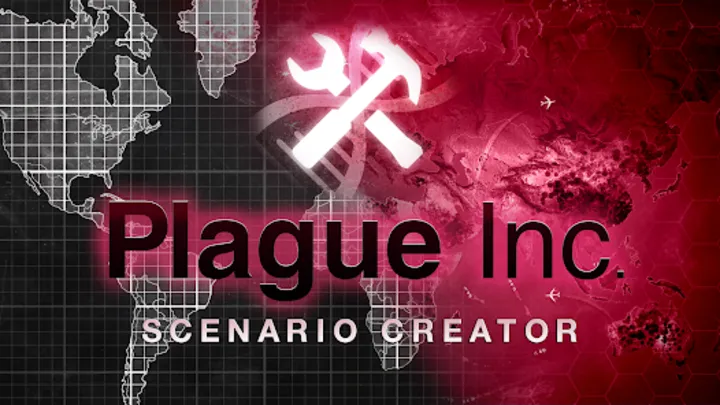
Thinking Globally
The player must consider climate, geography, and human response while evolving the disease. It’s a perfect exercise in systemic strategy, requiring both foresight and adaptability.
Adaptive Problem Solving
As governments react with cures and border closures, flexibility becomes essential. The player learns how unexpected events affect long-term plans, a lesson mirrored in real-world strategy.
H4: Strategy Insights
- Balance infectivity and lethality carefully
- Anticipate cure development
- Watch for regional mutations
4. The Era of Civilization Building: Rise of Kingdoms
Rise of Kingdoms introduces large-scale strategic complexity through real-time multiplayer civilization building.
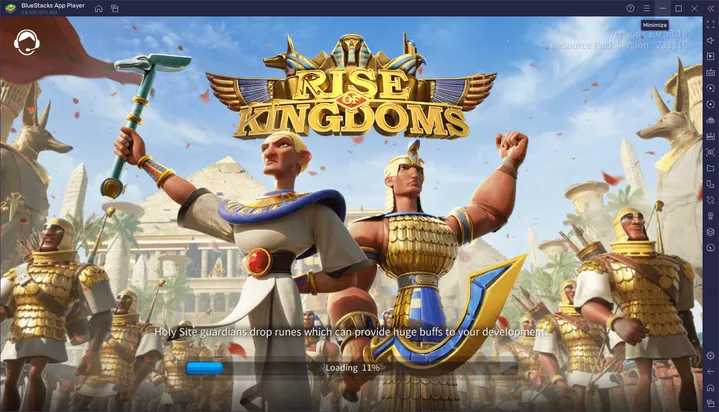
Macro-Management and Diplomacy
Unlike Clash Royale’s micro-battles, Rise of Kingdoms challenges you to manage economies, armies, and alliances. Each decision has ripple effects across time.
Teamwork as a Strategic Asset
This game rewards communication and diplomacy—traits often neglected in other strategy games. Joining alliances, negotiating peace, and managing resources collaboratively enhance your leadership skills.
Strategic Focus Areas:
- Form alliances early
- Scout often to gain map advantage
- Prioritize technology upgrades for efficiency
5. The Modern War Strategist: Mobile Legends: Bang Bang
While commonly known as a MOBA (Multiplayer Online Battle Arena), Mobile Legends exemplifies strategic teamwork under time pressure.
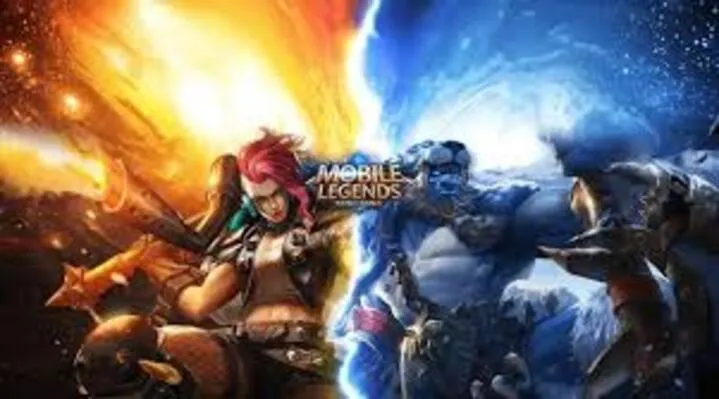
Dynamic Coordination and Role Strategy
Each hero represents a role—tank, assassin, mage, support—and the key lies in synergizing team compositions. Success requires understanding not just your hero but the entire team’s balance.
Decision-Making Under Pressure
Split-second decisions—whether to engage, retreat, or rotate—test cognitive flexibility. It’s strategic reflex in real-time.
Pro-Tip Highlights:
- Communicate with pings or chat effectively
- Learn enemy cooldown patterns
- Focus on map objectives over kills
Conclusion
From Clash of Clans’ village building to Mobile Legends’ teamwork, each game on this list represents a distinct era of strategic evolution. These titles don’t just entertain—they challenge, train, and refine the way we think.
Playing these games with intent can sharpen your focus, adaptability, and foresight, making strategy not just a gaming skill, but a life philosophy.
Summary
Top 5 Mobile Games for Strategy Thinking:
- Clash of Clans – Long-term resource planning
- Clash Royale – Real-time tactical decision-making
- Plague Inc. – Global adaptive strategy
- Rise of Kingdoms – Civilization management and diplomacy
- Mobile Legends: Bang Bang – Team coordination and real-time strategy
These games, when played with awareness, become mental gyms—training your strategic muscles for both digital and real-world challenges.
